A research article published in the Health Science Reports of the Wiley online Library on the government of Iran’s efforts towards reducing catastrophic health expenditure for its population. Abstract One of the goals of the Islamic Republic of Iran is to reduce the...
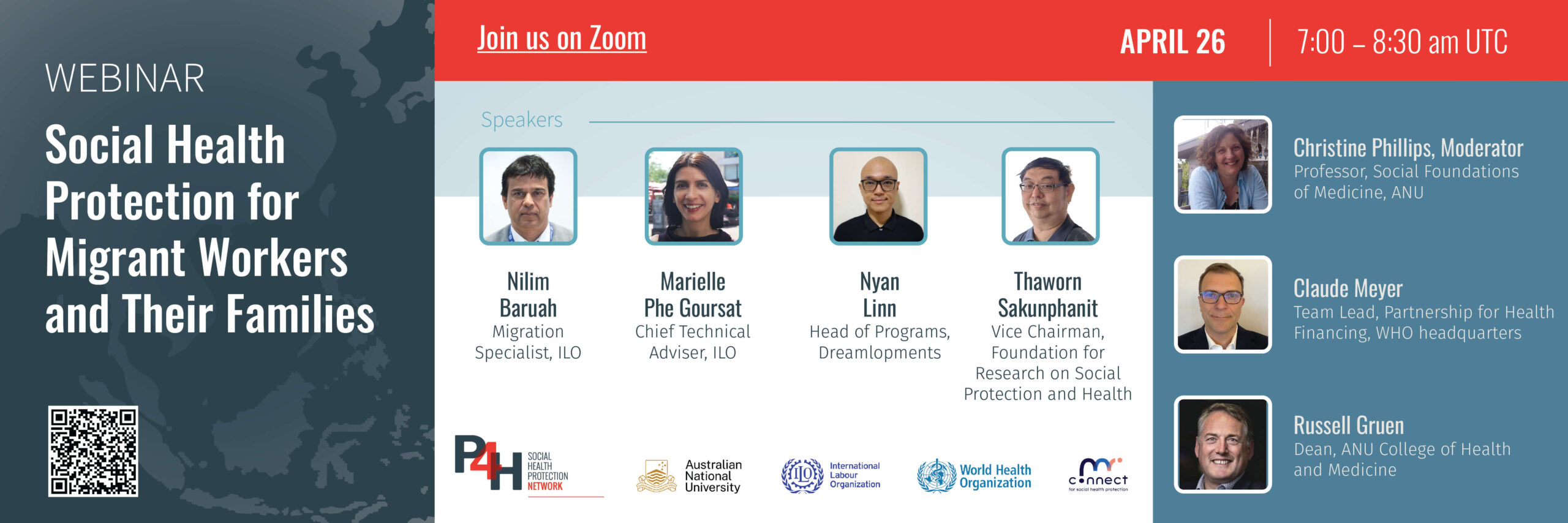
Executive Summary: Webinar 1 of the three-webinar series on Social Health Protection for Migrant Workers and Their Families
The P4H Network and Australian National University (ANU) initiated a four-part webinar series entitled Social Health Protection for Migrant Workers and Their Families that is scheduled to run through the summer of 2023. P4H and its partners strive to enable migrant...
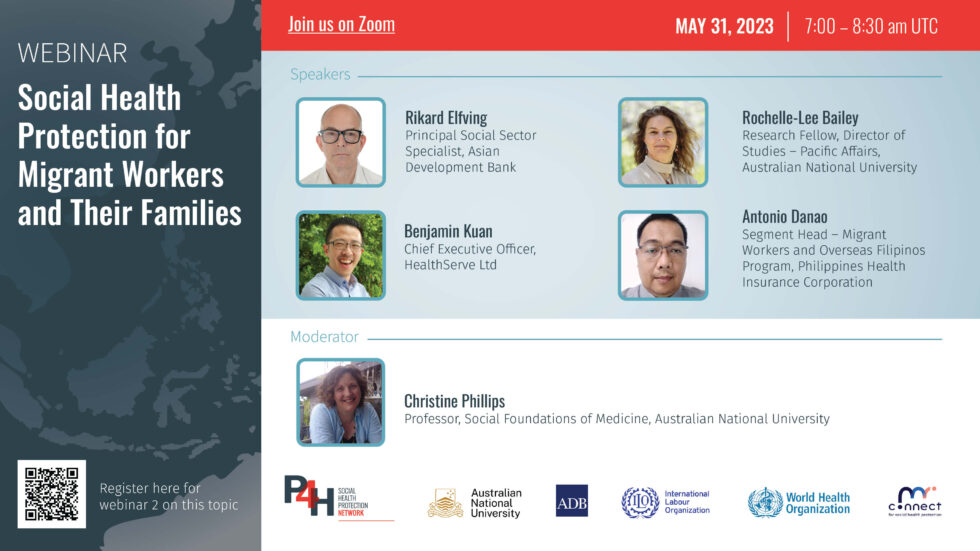
Webinar 2 – Social Health Protection for Migrant Workers and Their Families
The P4H Network and Australian National University (ANU) initiated a four-part webinar series titled Social Health Protection for Migrant Workers and Their Families that is scheduled to run through the summer of 2023. The webinar series promotes knowledge sharing and...
Public financing for health in times of COVID-19 in the Asia-Pacific Region
A discussion paper published by World Bank in collaboration with the Joint Learning Network, It is part of a series produced by the Health, Nutrition, and Population (HNP) Global Practice of the World Bank. The papers in this series aim to provide a vehicle for...
Cameroun-Projet Backup Santé : Rapport final
Le Ministère de la Santé a réalisé en 2020, une étude pour évaluer les politiques relatives au genre dans la santé du Cameroun, en collaboration avec le P4H et la GIZ. L’objectif de l‟étude était d‟analyser la transformation sociale favorable aux femmes à travers le processus de budgétisation en utilisant la méthodologie à l‟aide de l‟outil « Equity Budgeting Tool ».Selon les résultats de cette étude, des discriminations de genre persistent dans le secteur de la santé, même si des efforts sont déployés pour les réduire. Les inégalités sont visibles au niveau de l‟accessibilité à certains soins de santé pour les femmes et dans certains groupes spécifiques en milieu rural où se pose avec acuité la question de disponibilité des médicaments et structures de santé. Ainsi, la persistance de ces inégalités contredit les discours politiques et les stratégies nationales qui énoncent l‟élimination des inégalités liées au genre.
C‟est dans ce contexte que le Projet BACKUP SANTE de la GIZ, a commandité la présente étude qui se situe dans la continuité des initiatives antérieures mises en œuvre, afin de mieux comprendre les enjeux genre dans le financement de la santé, afin d‟atteindre les objectifs de la Couverture Santé Universelle.
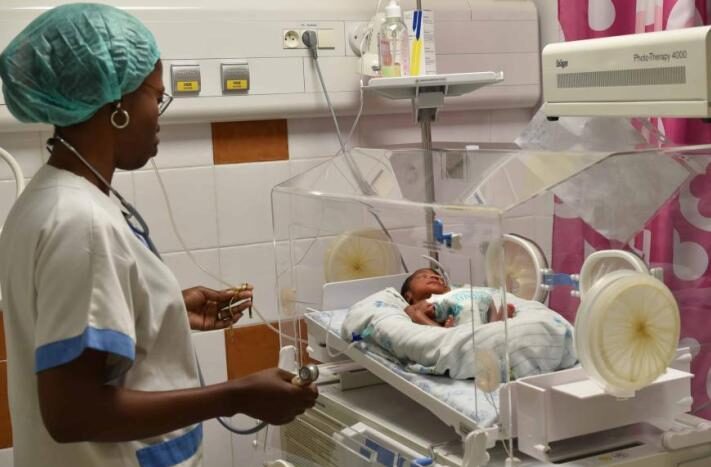
DRC-Gratuity: A step towards health coverage
Free childbirth in Kinshasa is a laudable initiative, as it would promote maternal health, equity and reduce maternal and newborn mortality rates. Is this a step towards the CSU? Patrick Ndjadi Ombombo, an expert in healthcare coverage, asks.For the Health Rights...
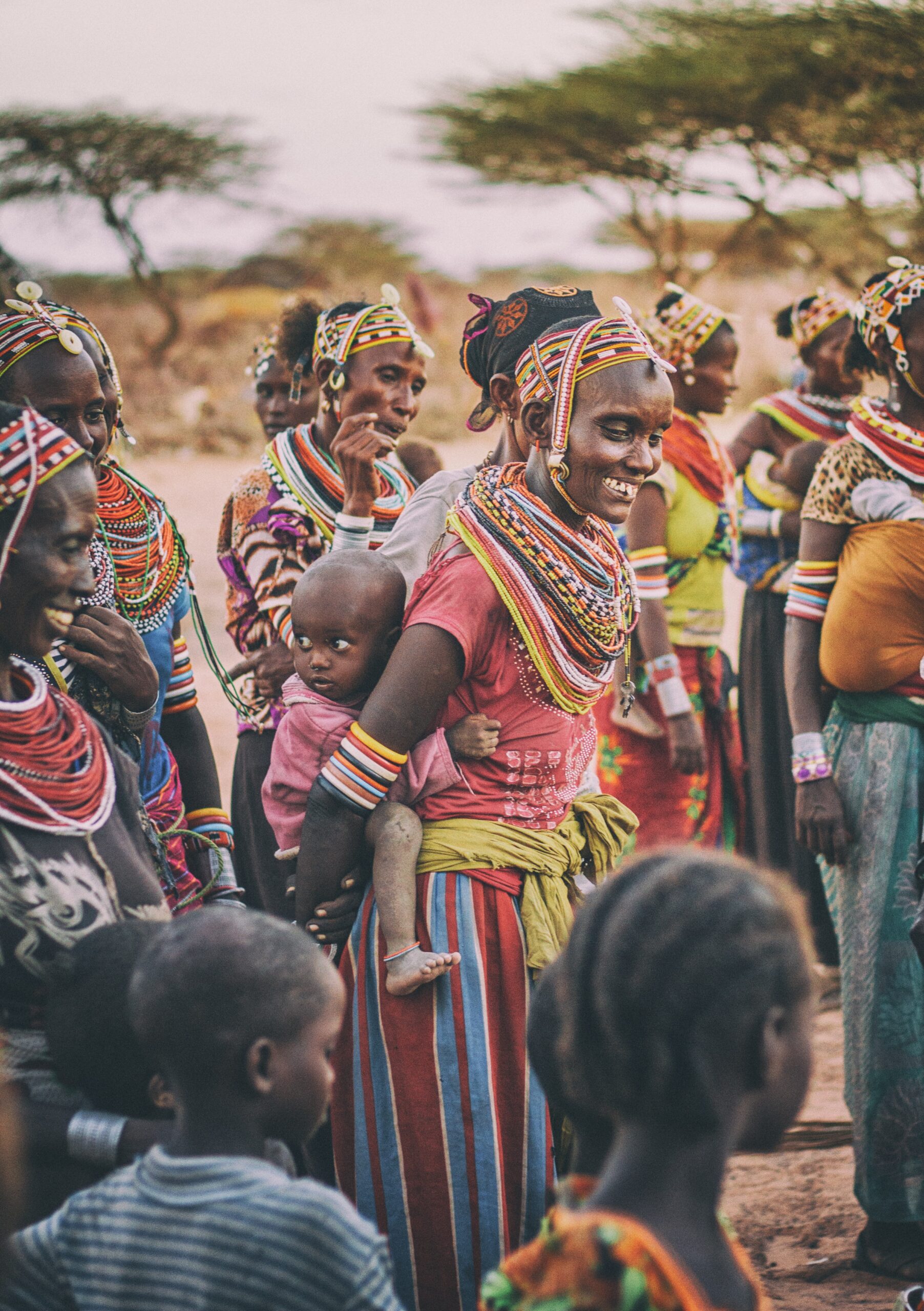
NHIF contributions for low income earners in Kenya to drop by 40% starting July, 2023
The government of Kenya announces a reduction in monthly NHIF contribution for low-income earners by 40% and establishes a volunteer program to enhance healthcare access for marginalised communities. President William Ruto announced changes to the National Health...
The economic burden incurred by families caring for children with developmental disability in Uganda
This study reveals that households caring for a child with a disability spent more than the national average household expenditure, and the annual cost of illness for all households was more than 100% of the national GDP per capita. In sub-Saharan Africa,...
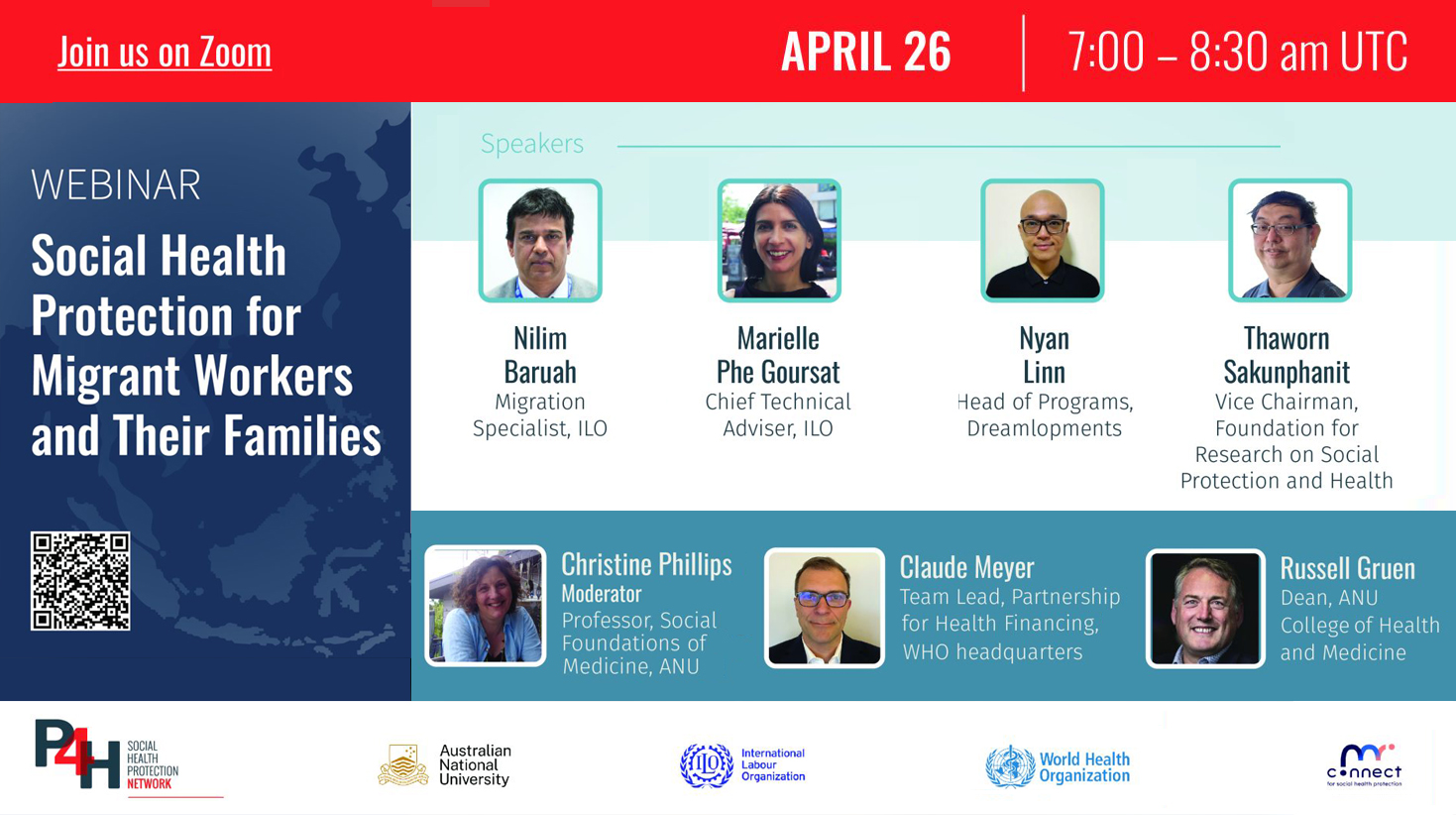
Webinar 1: Social Health Protection for Migrant Workers & their Families
The first webinar of the P4H Network’s four-part webinar series, Social Health Protection for Migrant Workers and Their Families, will take place on 26 April 2023 from 7:00 to 8:30 am UTC. The webinar will be in English, and interpretation will be available in Lao....
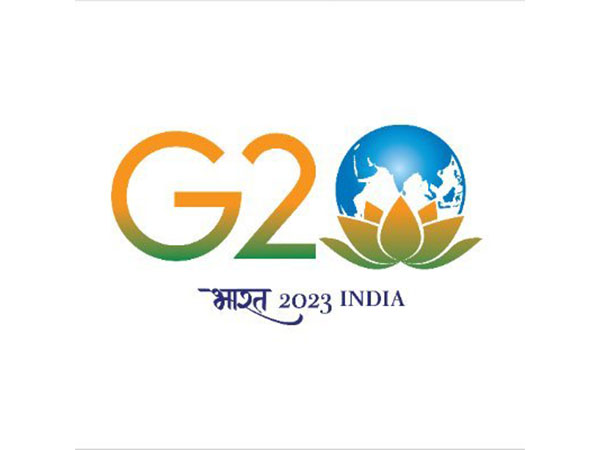
India bats for equitable healthcare access in its G20 Presidency
India holds the G20 Presidency this year and has prioritised healthcare as one of the key agendas. India wishes to use this opportunity to make its own health systems equitable and accessible to the population through various policies and initiatives.India established...
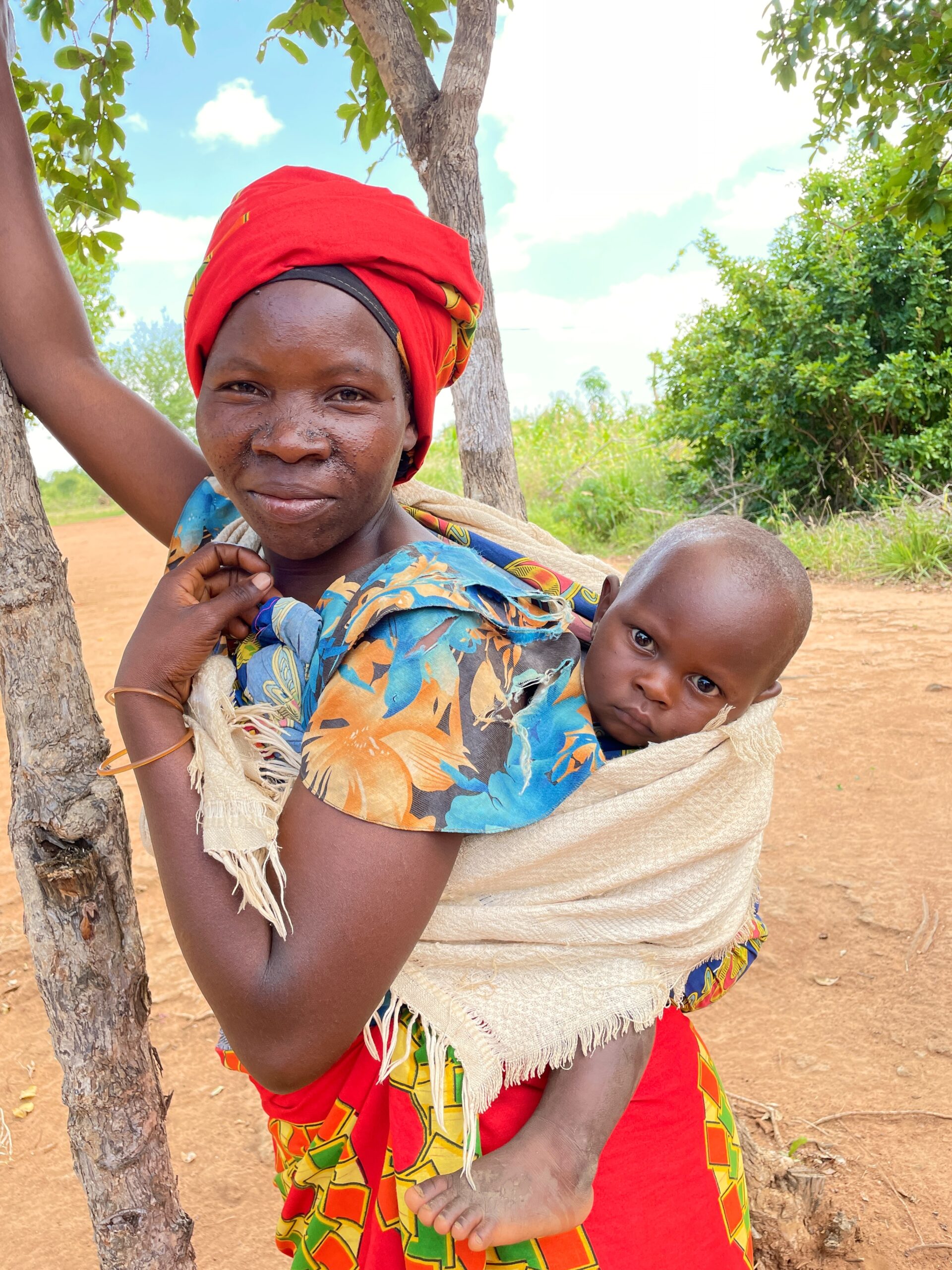
Nairobi county to expand health insurance coverage to over 200,000 vulnerable households in partnership with NHIF
The Nairobi county plans to launch a health insurance scheme for underprivileged households in the city, starting with 232,000 households. This initiative aims to provide access to healthcare for vulnerable residents and will be implemented in partnerships with the...
The importance of wage loss in the financial burden of illness: Longitudinal evidence from India
Abstract Background A key aim of Universal Health Coverage (UHC) is to protect individuals and households against the financial risk of illness, and large-scale health insurance expansions are a central focus of the UHC agenda. Importantly, however, health insurance...
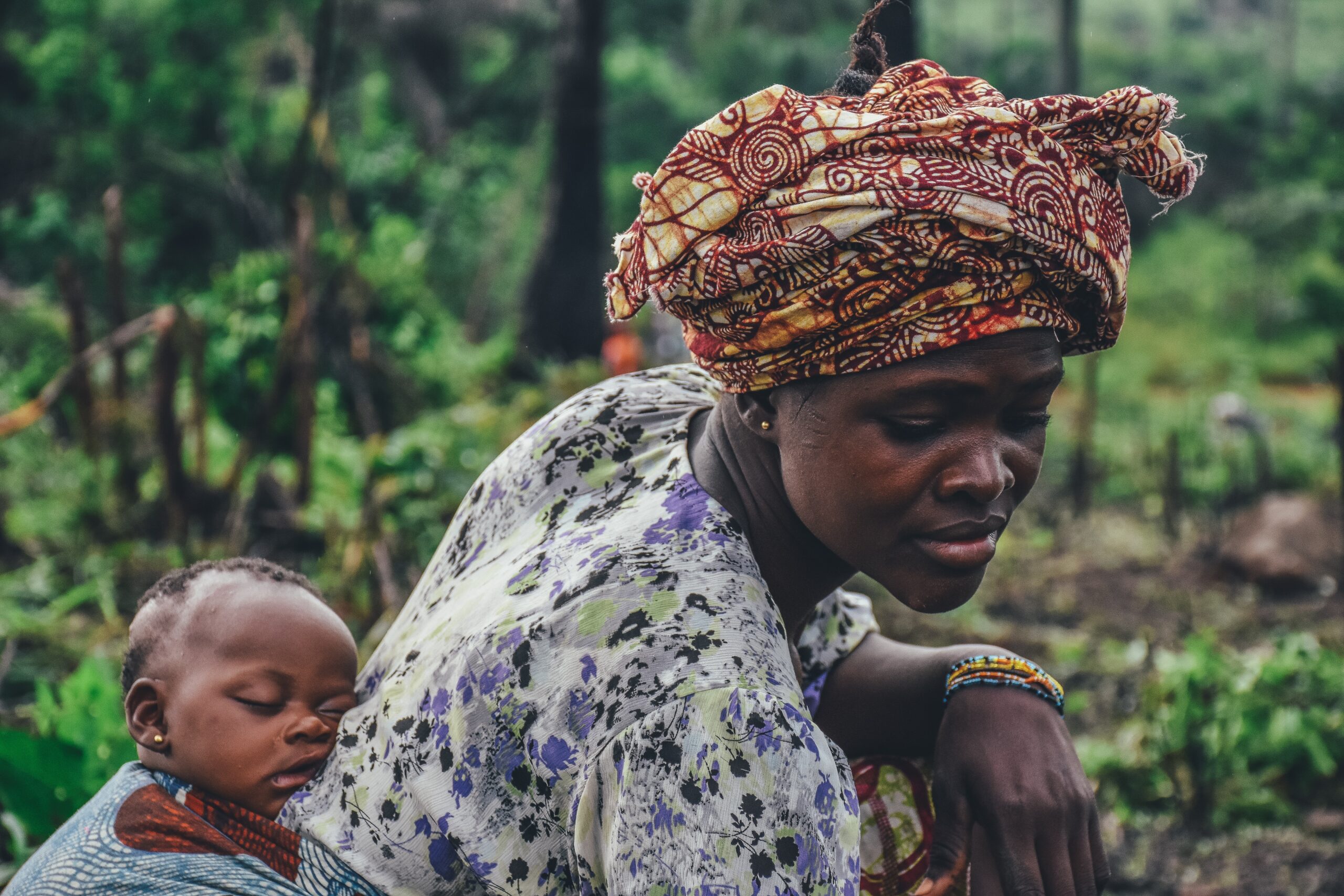
National Health Insurance Fund reassures Kenyans that Linda Mama Program is ongoing
Over 6 million Kenyan mothers have benefitted since 2017 Linda Mama Program launch The National Hospital Insurance Fund (NHIF) has assured Kenyans that the government-funded Linda Mama program whose aim is to reduce maternal and child mortality and alleviate the...
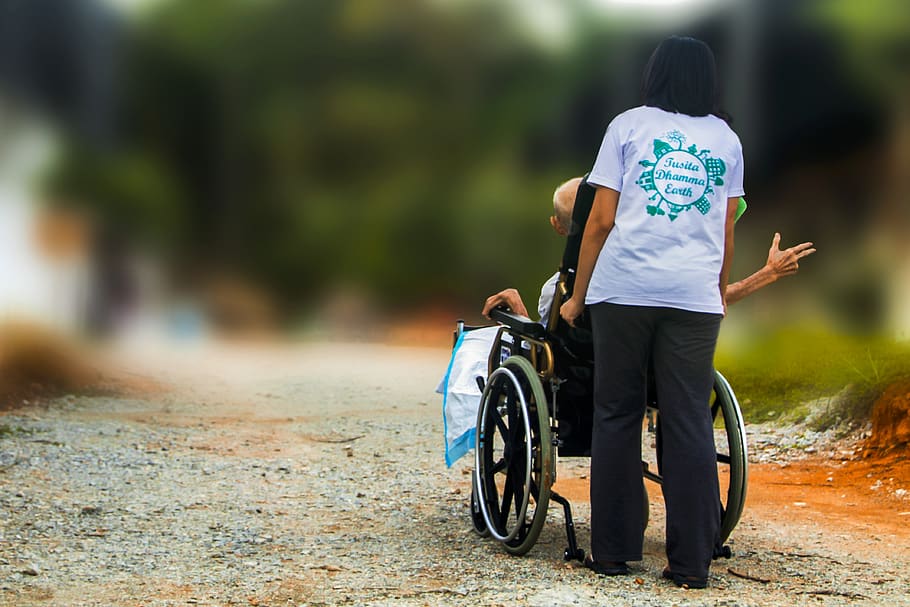
Designing and implementing social protection for people with disabilities in Asia and the Pacific
[ba_gradient_heading title="Highlighting lessons from Australia and Singapore" html_tag="h3" primary_color="#455A64" secondary_color="#455A64" admin_label="HEADING (50-60 characters)" _builder_version="4.21.0" _module_preset="default" title_font="||||||||"...
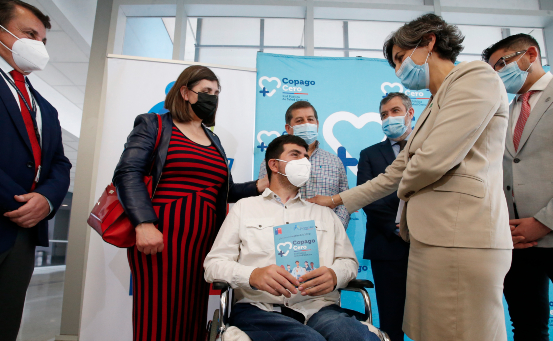
First balance of Copago Cero in Chile: More than US$6 million in savings for all beneficiaries
The implementation of the Zero Copayment for beneficiaries of Chile's National Health Fund (FONASA) resulted in significant financial savings for individuals and their families. The 168,045 people who were treated in a public hospital stopped paying a total of around...
